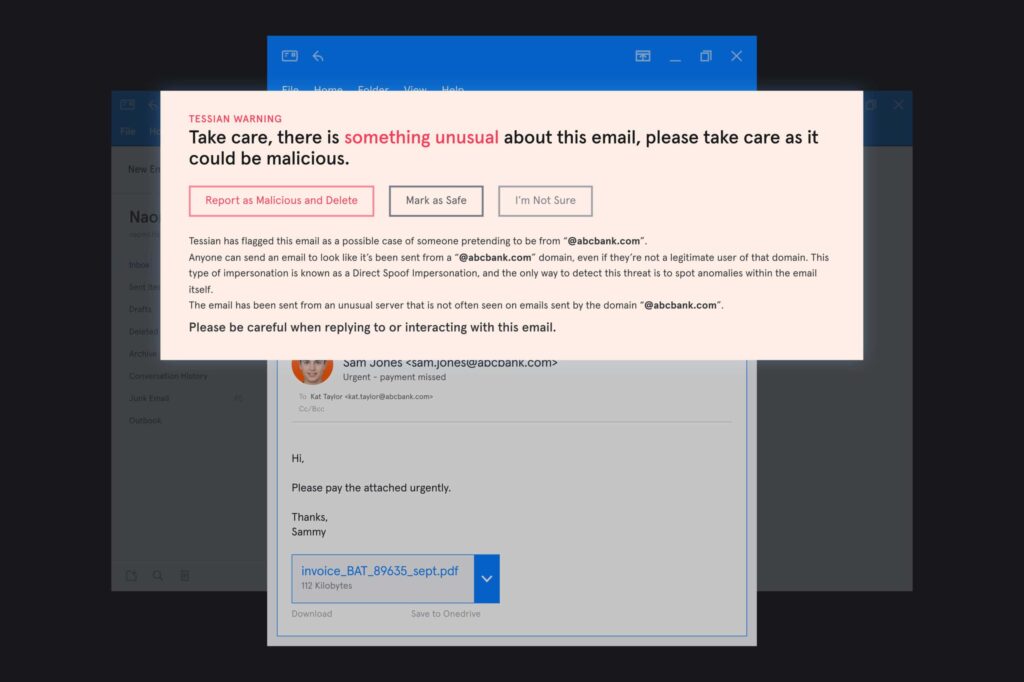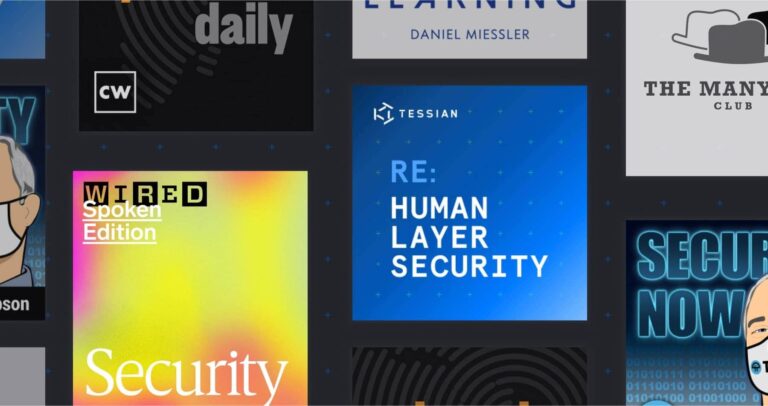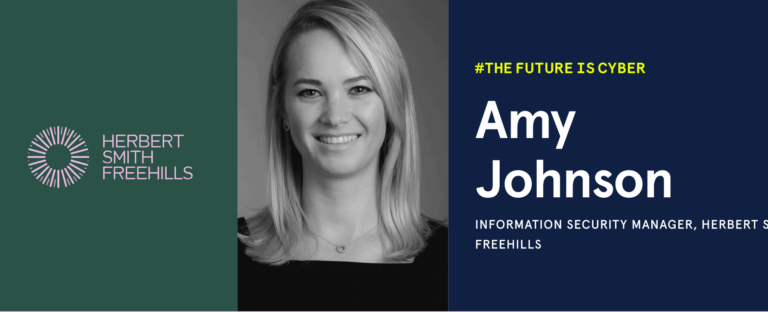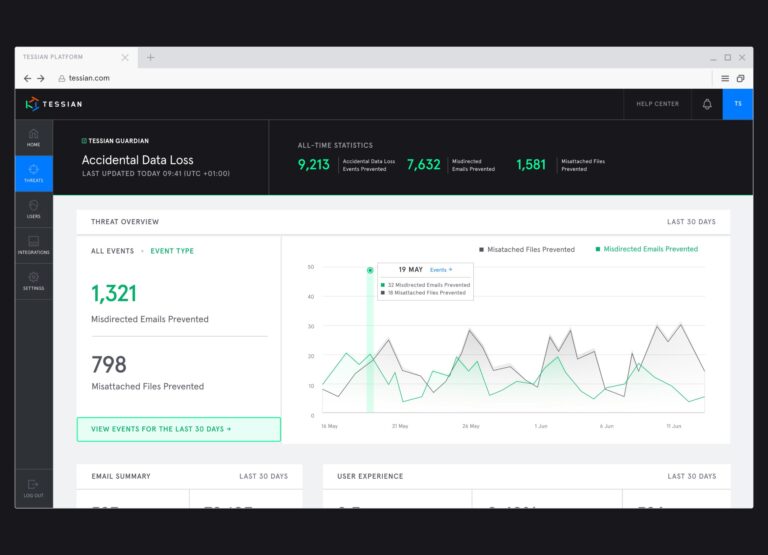Gisela Rossi is a Backend Software Engineer at Tessian who’s earned both her Bachelor’s Degree and Master’s Degree in Computer Science. Before starting at Tessian, she gained experience at Intel, Lyst, and Facebook and, for the last several years, has been very involved in the larger software community, specifically those communities that empower women and other minorities.
She’s a co-leader of PyLadies London, a member of the WISE Young Professionals Board, and a former mentor and volunteer at CoderDojo.
“Those of us already in the industry have to fight the fight! You need more minorities to be decision-makers. You need those people in higher positions to demonstrate what’s possible and empower others to do the same. ”
Gisela Rossi
Backend Software Engineer, Tessian
Q. Describe your roles as a Backend Software Engineer in 300 characters or less
I work with Python to build and create products that are used by Tessian’s clients to protect their Human Layer from data breaches. I work closely with product and customer success teams to ensure we’re building solutions that make an impact.
Q. For those who might not be familiar, can you explain what Python is?
Python is my favorite programming language. Different languages have different styles and different communities around the language. There are conferences, online groups, and other events and Python has one of the more diverse and inclusive groups around the language. I’m actually one of the organizers of PyLadies London.
It’s not just the community, though. The language itself is really thoughtful.
You can compare a programming language to what those of us in computer science call a “natural language”…English, French, Japanese. At the end of the day, they all serve the same purpose. You can have the same conversations but in different languages. Just like you’d have a preference in a natural language, you can have a preference in a programming language.
Q. And what about PyLadies London, what’s that?
The real goal is to encourage minorities to be more active participants in the Python community and, for some maybe do a career change into the industry. There are talks, workshops, etc. It’s really about mentorship and empowerment.
Q. Do you think more mentors or role models would encourage more women to get involved in the industry?
I think mentorship is especially important for minorities – not just women – because we have to overcome different challenges. And those challenges aren’t necessarily big hurdles. For some people, it can be several small things.
It could be a professor you have or a bad internship. One bad manager or experience isn’t representative of the whole industry, but it can be demotivating if you don’t know that there are more positive environments where these things don’t happen. That means those of us already in the industry have to fight the fight! More than anything though, you need more minorities to be decision-makers. You need those people in higher positions to demonstrate what’s possible and empower others to do the same.
It’s especially important because the problems you solve in this industry are interesting, the work is fun, you’re well compensated. There are a lot of benefits if you can overcome the lack of diversity. But, you do need a diverse group of people to have a better chance of solving those problems.
Age, race, gender…the more diverse the group, the more diverse the ideas.
Q. What problems have you been most interested or focused on so far in your career?
Data. All of our data is available online and when you consider all the people who could potentially access that data, you can start to see how big the industry’s scope is.
The average person doesn’t realize how valuable their data is. People hand over their personal information for a free voucher without thinking twice about it. They don’t have bad intentions, of course, but from a security perspective, that’s a big risk. If you input your email address, home address, and phone number into a site that isn’t secure and that site gets hacked…you’ve got a big problem. At the end of the day, you are your data. So, what happens when someone steals it?
But, it’s not even just scary from the perspective of hackers. Massive corporations and governments hold a lot of our data, too. What happens if they misuse it? That’s something that we’re trying to figure out in this field. We’re trying to mitigate that risk.
This profile is a part of the larger Opportunity in Cybersecurity Report 2020. Click here to download the report and click here to read more profiles of women in cybersecurity, including professionals from KPMG, Nielsen, IBM and more.
#TheFutureIsCyber












